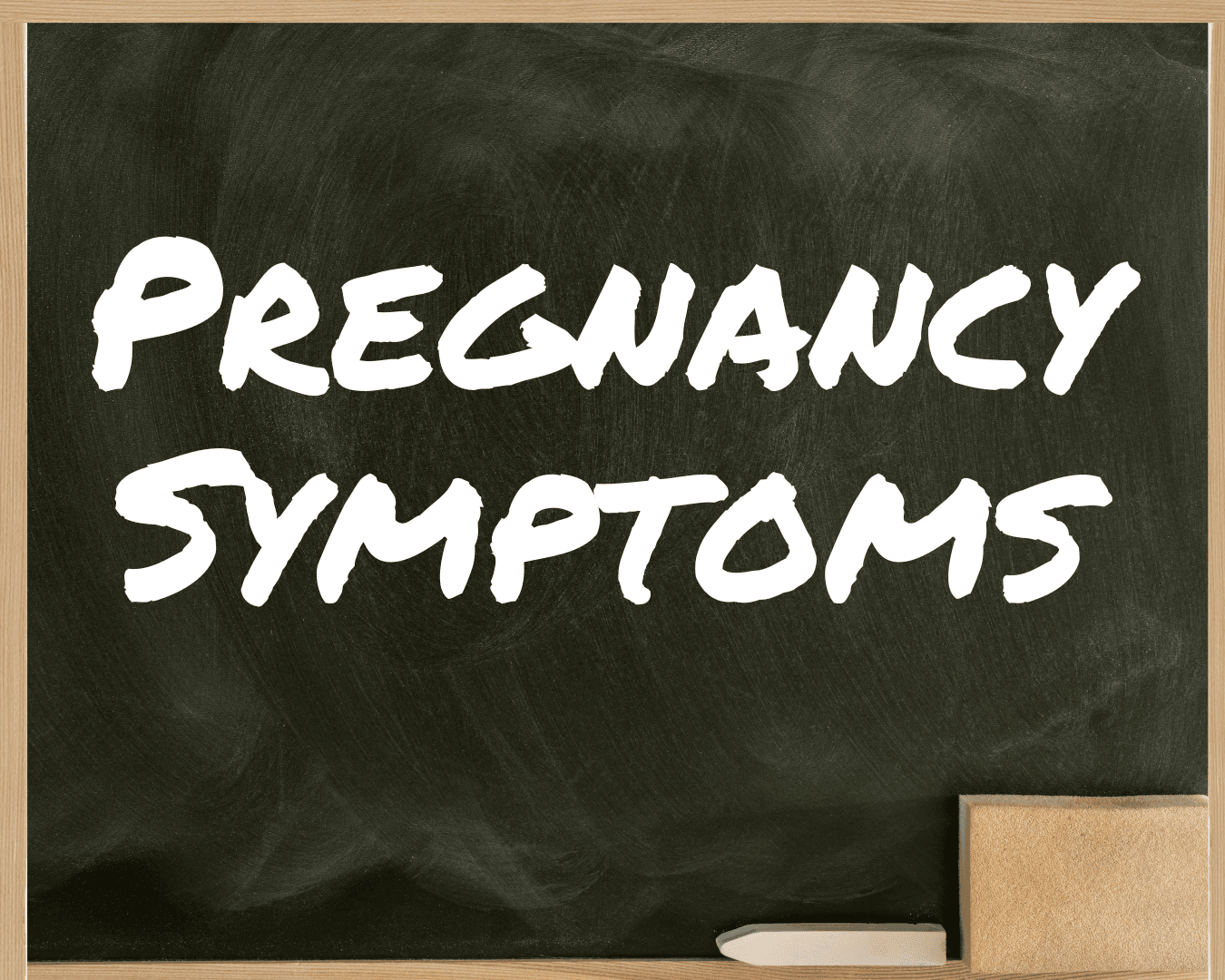
Pregnancy can be a life-changing event that affects how you feel and function every day. Recognizing the symptoms is an important part of getting started in your pregnancy journey. Some symptoms may pass unnoticed initially, so an awareness of early signs is crucial to receiving appropriate care.
At the Arkansas Pregnancy Resource Center, we want to ensure that you have all the information you need to make the best decisions for yourself. Here is a guide to understanding pregnancy symptoms.
Early Pregnancy Symptoms
The most common and well-known sign of pregnancy is a missed period. Most women have a menstrual cycle that ranges from 28 to 30 days, and if you have not had your period on the expected day, it may be a sign of pregnancy. However, other early pregnancy symptoms include:
Nausea and vomiting
Breast tenderness or swelling
Fatigue or tiredness
Change in appetite
Frequent urination
Cramping
Headaches
It is important to note that every pregnancy is different. Even if you have had a boy in your first pregnancy and are experiencing different symptoms in your second pregnancy, it does not necessarily mean that you are having a girl. Every pregnancy is unique, and it is important to pay attention to your body's changes.
How do these symptoms change over the course of the pregnancy?
Most symptoms mentioned above occur in the first trimester, but can occur throughout each trimester of the pregnancy. Symptoms can also change as your pregnancy progresses. During the second trimester, you may experience a boost in energy and less nausea. In the third trimester, you may feel more tired, experience an increase in urination, and have other symptoms due to the growth of your baby.
Managing Early Pregnancy Symptoms
We provide our clients with a resource folder that includes more in-depth information on managing a healthy pregnancy. There are several things you can do to manage the more uncomfortable symptoms like nausea. Here are a few helpful tips:
Small, frequent meals: It is important to keep food in your stomach throughout the day to help with nausea. We recommend that you eat small, frequent meals throughout the day to manage this symptom.
Ginger: Ginger is known to be an antiemetic, which means it can help with feeling nauseous. You can try chewing on ginger or drinking ginger tea to help manage your symptoms. However, it is important to note that most ginger ale sold in grocery stores does not have real ginger in it, so it may not be as effective.
Lemon: Sometimes, the fresh scent of lemon can help alleviate nausea. Try keeping a sliced lemon or lemon essential oil on hand to help manage your symptoms.
Fresh air: Sometimes, all you need is a change of scenery to help alleviate your symptoms. Try going for a walk outside or opening a window to let fresh air into your home.
If you suspect that you may be pregnant or have questions about early pregnancy symptoms, we encourage you to come in and see us. Our compassionate and knowledgeable staff is here to provide support and guidance throughout your pregnancy journey.

